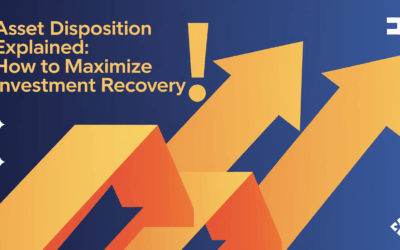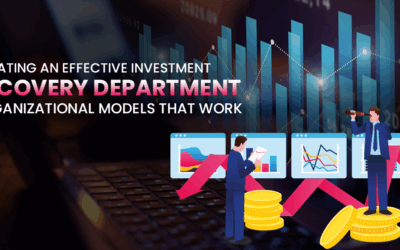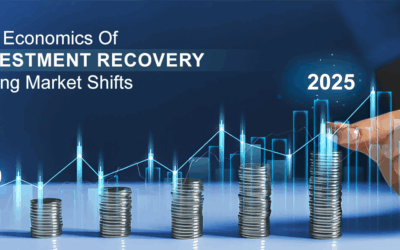Transforming Leaf Disposal: Sustainable Practices for a Greener Tomorrow
Introduction
As autumn paints the landscapes with golden hues, fallen leaves become a symbol of natural change. However, the traditional methods of dealing with these leaves can significantly impact our environment. This blog explores sustainable alternatives to leaf disposal, reflecting the principles of investment recovery and ecological responsibility.
Understanding the Environmental Impact of Leaf Disposal:
- Traditional methods, such as burning leaves, contribute to air pollution and health hazards.
- Landfills overflow with bagged leaves, leading to increased methane gas production, a potent contributor to climate change.
- On the flip side, leaves left to decompose naturally can enrich soil but may also smother grass and contribute to thatch build-up.
The Debate Over Leaf Blowers:
- Gas-powered leaf blowers, while efficient, emit pollutants and create noise pollution.
- Electric and battery-powered leaf blowers are emerging as eco-friendlier solutions, though they still have an environmental footprint.
- Several cities are now regulating the use of leaf blowers to mitigate their environmental impact.
Sustainable Leaf Disposal Practices:
- Backyard Composting: Transforming leaves into compost can enrich gardens, reduce landfill waste, and lower greenhouse gas emissions.
- Mulching in Place: This method recycles leaves directly on your lawn, providing nutrients and reducing the need for chemical fertilizers.
- Community Leaf Collection Programs: Many municipalities offer leaf collection services, converting leaves into compost or mulch for public use.
The Overlooked Value of Leaves:
- Leaves are a free, natural resource that can enhance soil health and biodiversity.
- They provide habitat for beneficial insects and wildlife, contributing to a balanced ecosystem.
- Instead of seeing leaves as waste, we can view them as a valuable component of the natural cycle.
Innovative Approaches to Leaf Disposal:
- Community Workshops on Composting: Educating residents on effective composting techniques.
- Public Composting Sites: Providing spaces where residents can bring leaves for composting.
- Partnerships with Local Farms: Some farms accept leaves for composting, offering a mutually beneficial solution.
The Bigger Picture: Landfill Overfill and Its Consequences:
- The overfilling of landfills with organic matter like leaves exacerbates greenhouse gas emissions.
- Methane released from decomposing leaves in anaerobic landfill conditions is a significant environmental concern.
- Minimizing the volume of leaves sent to landfills can have a positive impact on reducing our carbon footprint.
Integrating Investment Recovery Principles:
- Applying investment recovery principles, such as asset optimization and waste reduction, can revolutionize leaf disposal methods.
- By promoting the reuse and recycling of natural resources, we align with broader sustainability goals.
- Investment recovery strategies can guide municipalities and organizations in implementing eco-friendly leaf management practices.
Conclusion:
Embracing sustainable leaf disposal practices is more than an environmental responsibility—it’s an opportunity to contribute to a healthier planet. This autumn, let’s challenge traditional norms and adopt methods that align with the principles of investment recovery and ecological stewardship. Our collective efforts in transforming leaf disposal can pave the way for a more sustainable and vibrant future for our communities and the environment.



